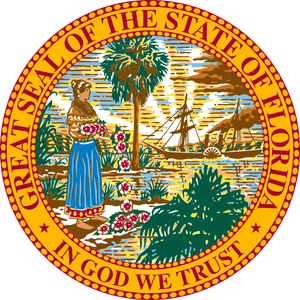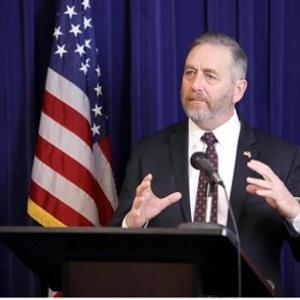U.S. District Judge B. Lynn Winmill recently announced that he is rethinking capital punishment because it is expensive, can be politically motivated, and risks innocent lives. Winmill, who freed death row exoneree Charles Fain in 2001 after DNA evidence proved his innocence, said that Fain’s case and the very different experience of sentencing a guilty man to die for murder prompted him to rethink capital punishment. During a speech before the City Club of Boise, Winmill was joined by Fain as he urged Idahoans to reconsider the death penalty. Judge Winmill stated:
I think the death penalty is perhaps sought and imposed, at least historically, more often than it should be. I think we as judges, and we as citizens now in juries, need to be very thoughtful.
…
[The death penalty] requires each of us to critically think it through, consider the costs, consider the utility, consider whether we are simply getting carried away in this effort to promote law and order. And to think whether or not a life sentence without possibility of parole is an adequate punishment for far more of the murder cases than typically imposed.
Winmill added that public officials are “loathe to discuss the cost” of capital punishment, saying, “I frankly think there may be a fear of a firestorm of criticism of the actual cost of litigating if this is ever revealed publicly.” During the speech, Winmill also noted that the death penalty does not deter violent crime and that the election of judges and prosecutors politicizes death penalty decisions. One reform he recommended was to create a statewide screening commission in Idaho to review cases and decide whether they meet a heightened standard for the death penalty, separating decisions from local politics.
(The Idaho Statesman, November 13, 2005). See New Voices. See also Costs, Deterrence, Innocence, and Life Without Parole.
Sentencing Alternatives
Jan 03, 2024

Overwhelming Percentage of Florida’s Hurst Resentencing Hearings End in Life Sentences
New Voices
Dec 13, 2023

After Five-Year Execution Pause, Ohio Leaders Question Value of Death Penalty
Sentencing Alternatives
Nov 27, 2023


